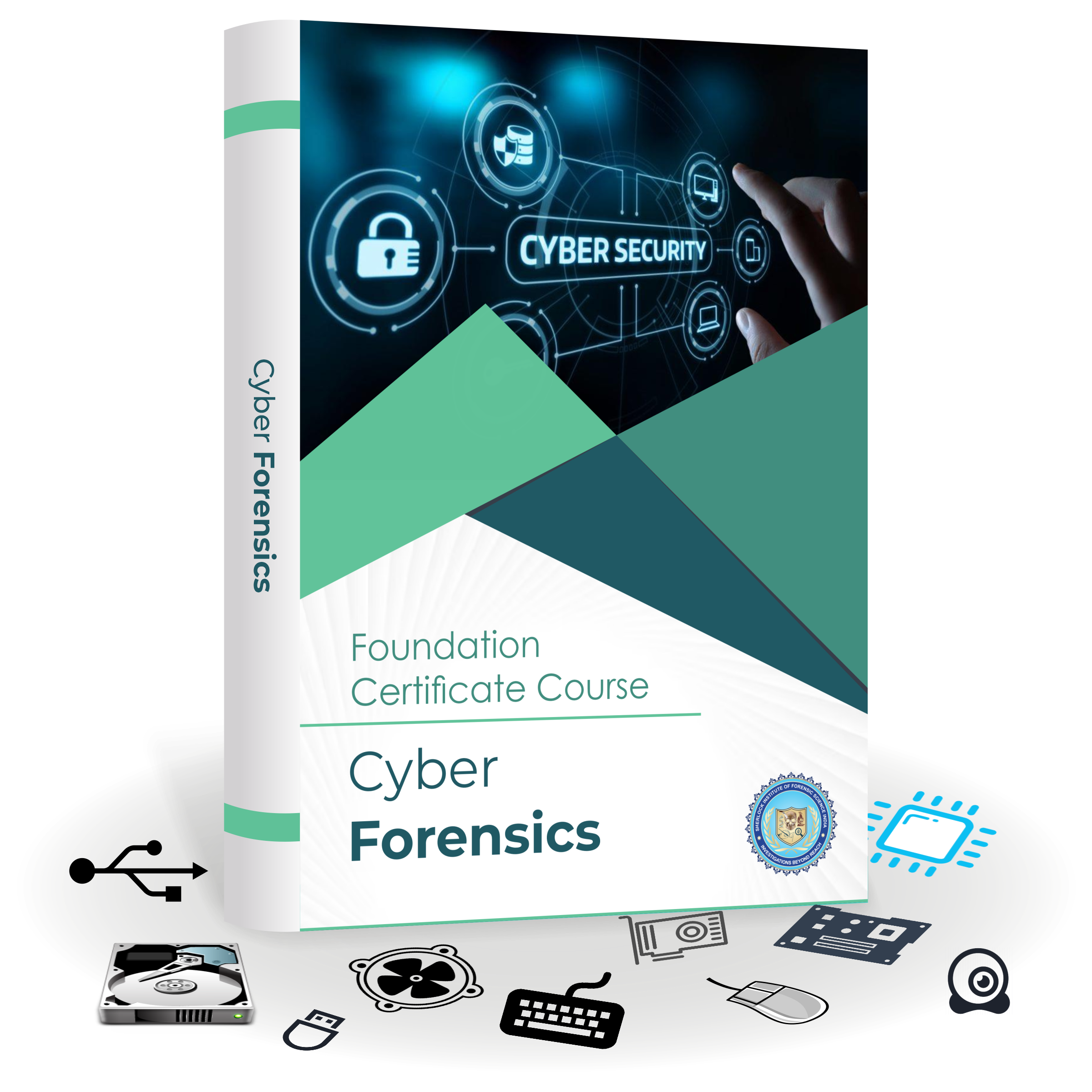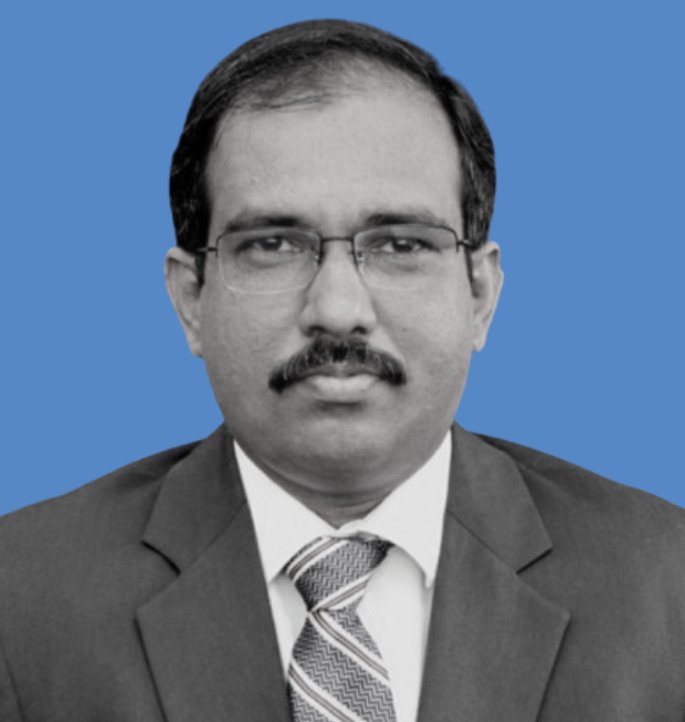The Foundation Certificate Course in Cyber Forensics by SIFS India was an outstanding experience for me as a learner. A well-structured course material and easy-to-follow instructions were provided by experts in the field. I gained valuable knowledge and skills that I can apply to my future career.

Certification
Foundation Course Certificate
Mode of Study
100% Online Start now and learn from anywhere
Learning Hours
15 hours of Video Sessions
Learning Medium
English
Learn Forensic at Your Own Pace, Master at Your Own Time!
Unlock Your Potential with Self-Paced Learning!
Learn Anytime, Anywhere
No schedules, no pressure! Study at your convenience
Go at Your Own Speed
Master concepts without rushing or slowing down
Full Access to Course Materials
Revisit lessons whenever you need
Expert-Led Content
Gain industry-relevant skills from top instructors
Perfect for Professionals & Students
Balance learning with your lifestyle
Affordable & Cost-Effective
No travel, no extra expenses, just pure learning!
Earn a Recognized Certification
Boost your resume and career prospects
Join Thousands of Successful Learners Today!
Enroll Now & Take Control of Your Learning Journey!
Cyber forensics involves extracting data from computer-based electronic devices to be presented as legal evidence during judicial proceedings. The online Cyber Forensics Foundation Certificate Course by Sherlock Institute of Forensic Science (SIFS India) will equip you with the necessary skills to face challenges, help law enforcement agencies solve cyber crimes, and advance your career as a cyber forensic expert.
With the ever-evolving digital arena, it is essential to keep yourself updated with the latest trends and cyber crime investigation methods. The pre-recorded course is taught by leading cyber experts in India, and the course content for all modules covers the latest findings and cyber crime-solving methods. You will learn different types of computer forensics, tools and techniques, digital data extraction and its authentication, forensic validation of extracted data, recovering deleted files, and preparing technical reports.
The scope of cyber forensics has increased manifolds due to the rapid digitalization of economies globally, giving rise to numerous cyber-related frauds. Hence, the demand for skilled professionals is rising and will continue to rise. So, join us to become proficient in digital evidence investigation in fight against digital threats and start your journey to handle virtual crime scenes as a cyber forensic expert.
Become Proficient to Answer:
- What are the primary responsibilities and roles of a cyber forensic investigator?
- What are the different types of digital data and their collection methods as evidence at electronic crime scenes?
- What is the methodology and the sequence of steps involved in a computer forensic investigation?
- How do forensic investigators analyze and extract information from CCTV footage in cybercrime investigations?
- What techniques are used to identify and recover files from various operating systems?
- What is the role of video forensics, hexadecimal systems, and hash values in cyber forensics?
- What is the significance of audio forensics, and how is speaker identification performed?
- How does image forensics work? What are the types of photograph formats and image processing principles?
- What are the essential IT laws governing cyber forensics and ethical considerations to be followed by forensic expert witnesses?
- How does Encase Forensics assist in digital investigations, and what process is involved in acquiring and analyzing evidence files?
- What are the mechanisms used in network forensics, and how are network vulnerabilities and malware investigated?
- What are the different components of an email system, and how are tools used in investigations in compliance with legal aspects?
- What are the hardware and software characteristics of mobile devices and the challenges faced by investigators?
Learning Outcomes:
Digital Evidence Handling: You will gain an understanding of how to properly handle, collect, preserve, and analyze digital evidence, ensuring it does not get damaged and lose its admissibility in legal proceedings.
Digital Data Analysis Skills: You will be able to do forensic analysis of digital devices, file systems, and network traffic that helps you identify security breaches, cyber attacks, and unauthorized activities.
Incident Response Basics: You will gain the ability to effectively respond to cyber security incidents, investigate data breaches, and mitigate potential threats to protect organizational assets.
Image, Video, and Audio Forensics: You will gain a basic understanding of the principles and steps involved in analyzing audio, image, and video evidence and their reliability in court.
Ethical and Legal Compliance: You will understand ethical and legal considerations surrounding cyber forensics, laws related to digital evidence, and report submission process in the court.
Course Details:
Fee | National: 1770 INR (1500 INR + 18% GST) International: 50 USD |
Duration | 1 Month |
Eligibility | 12th Passed |
Session Timing | Learn at your own Pace |
Payment Details:
International Student : PayPal: forensicdocument@gmail.com
Account Details for National Student
Bank Name - ICICI BANK
Acc. Name - SIFS INDIA PVT. LTD.
Account No. - 663505500086
Type - Current
IFSC Code - ICIC0000160
Address - ICICI Bank, H-4, Model Town -III, New Delhi - 110009







